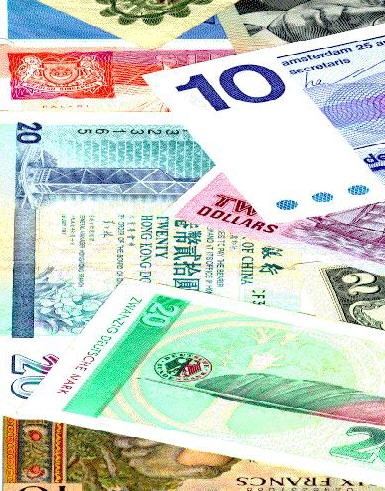Douglas A.Ruby


 Intermediate
Microeconomic Theory
Intermediate
Microeconomic TheoryDescription: A market economy is dependent on the price system to guide in decisions related to the production, distribution, and consumption of goods and services. Microeconomics is about describing the economic behavior and decisions made by individual economic agents. These behaviors affect relative prices that act as signals in a market economy to guide production and consumption decisions.
Textbook Recommendations:
Frank, Robert H., Microeconomics and Behavior,5th Ed.,
2002.
Pindyck, Robert S., and Daniel L. Rubinfeld, Microeconomics,
7th Ed., 2010
Varian, Hal, Intermediate Microeconomics,5th Ed., 1999.
and
Ruby, Douglas A. , Intermediate Microeconomic Theory,1st ed., 2002, Digital Authoring Resources.
Worksheets:
These worksheets are in .PDF format and require Adobe's Acrobat Reader.
• Worksheet #1 -- Equilibrium AnalysisMicroeconomics Glossary
• Worksheet #2 -- Utility and Preferences
• Worksheet #3 -- Consumer Behavior and Demand
• Topic Review -- Consumer Behavior and Exchange
• Worksheet #4 -- Production and Costs
• Worksheet #5 -- Competitive Behavior
I. An Introduction
• Economics as a Social Science
• Relative Prices.
• The Optimization Principle.
• Technology and Production Relationships (in the Short Run).
II. The Principles of Equilibrium Analysis
• Market Analysis
• Exogenous Demand-side Shocks
• Exogenous Supply-side Shocks
• Exogenous Shocks to Both Sides of the Market
• Elasticity Measures.
III. Consumer Theory and Optimization Analysis
• The Utility Surface
• Consumer Preferences
• A Consumer Optimum
Consumer reaction to changes in market price or household income.
Price changes and corresponding substitution & income effects.
• Consumer Surplus.
• Demand Curve Derivation.
IV. Strategy and Exchange
• The Edgeworth Box
Defining a Pareto Optimum.
• Game theory
V. Production and Cost Theory
• A Producer Optimum
• The Costs of Production in the Short Run
• Production Technology in the Long Run.
• Costs and Cost Minimization in the Long Run.
VI. Market Theory
• Profit Maximization and Output Decisions
• An Analysis of Competitive Markets
• Pricing Power and Monopoly
• Pricing Power and Price Discrimination
VII. Factor Markets
• Labor Supply Decisions and Labor Market Equilibrium
• Savings Behavior -- The Supply of Capital
• Investment Decisions -- The Demand for Capital
